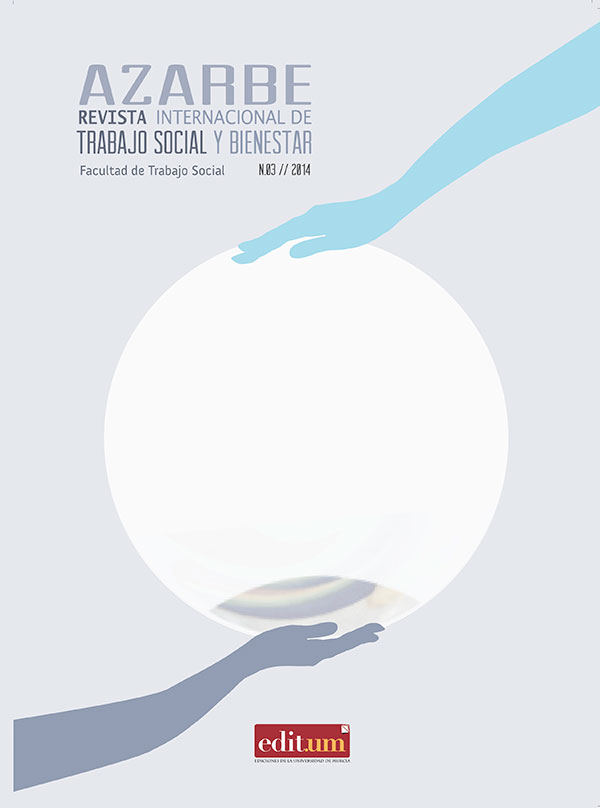Community social work, Yes! It is possible!: Practical examples of social needs satisfaction
Abstract
Given the context and the social situation in which we are, we want to highlight the benefitsof community social work including citizen participation in solving their needs. Our aim is to improvethe motivation of professionals regarding their community service and to facilitate reflection on thework of social workers in relation to citizen mobilization initiatives that seek to meet social needs.
Two community projects, developed in the context of Madrid region, will be introduced to give a collective response to social needs shared by the population. The first one arises from citizens’ initiativeand the latter integrate professional individuals and citizens. Following the description and analysis ofthe cases, results and conclusions that link theory about community intervention to experiences will be presented.
In both experiences the following issues are key elements: active participation, citizenship promotion, inter- and intra- networks formation and inclusion. All the above will obtain important benefits for the people involved in the processes.
There is a need to resume and strengthen community social work as an opportunity to address some of the challenges that are emerging following the gradual disengagement of the government regarding social protection. Therefore, it is essential that professionals acquire the necessary tools and that social intervention model applied in recent years is revised. This model should be focused on individual and group care in order to become real agents of social transformation and facilitators to enable society improvement.
Downloads
-
Abstract29446
-
PDF (Español (España))6544
Las obras que se publican en esta revista están sujetas a los siguientes términos:
1. El Servicio de Publicaciones de la Universidad de Murcia (la editorial) conserva los derechos patrimoniales (copyright) de las obras publicadas, y favorece y permite la reutilización de las mismas bajo la licencia de uso indicada en el punto 2.
2. Las obras se publican en la edición electrónica de la revista bajo una licencia Creative Commons Reconocimiento-NoComercial-SinObraDerivada 3.0 España (texto legal). Se pueden copiar, usar, difundir, transmitir y exponer públicamente, siempre que: i) se cite la autoría y la fuente original de su publicación (revista, editorial y URL de la obra); ii) no se usen para fines comerciales; iii) se mencione la existencia y especificaciones de esta licencia de uso.
3. Condiciones de auto-archivo. Se permite y se anima a los autores a difundir electrónicamente las versiones pre-print (versión antes de ser evaluada) y/o post-print (versión evaluada y aceptada para su publicación) de sus obras antes de su publicación, ya que favorece su circulación y difusión más temprana y con ello un posible aumento en su citación y alcance entre la comunidad académica. Color RoMEO: verde.














